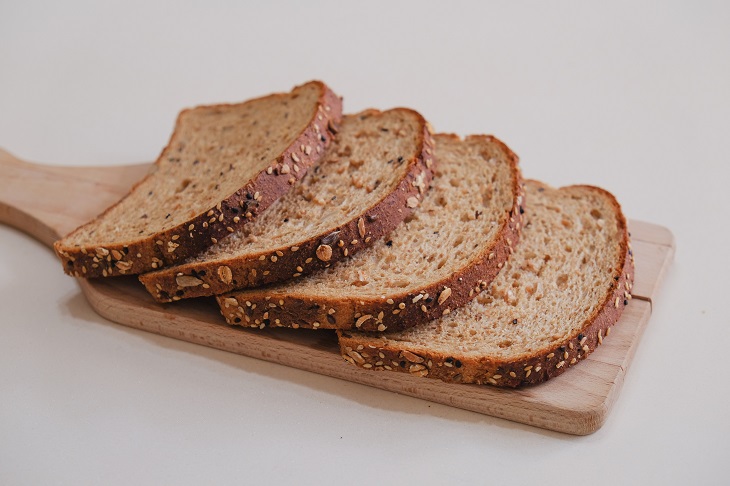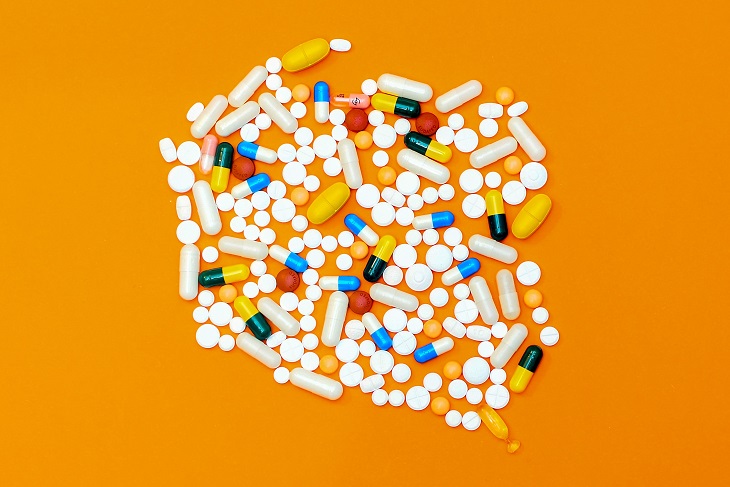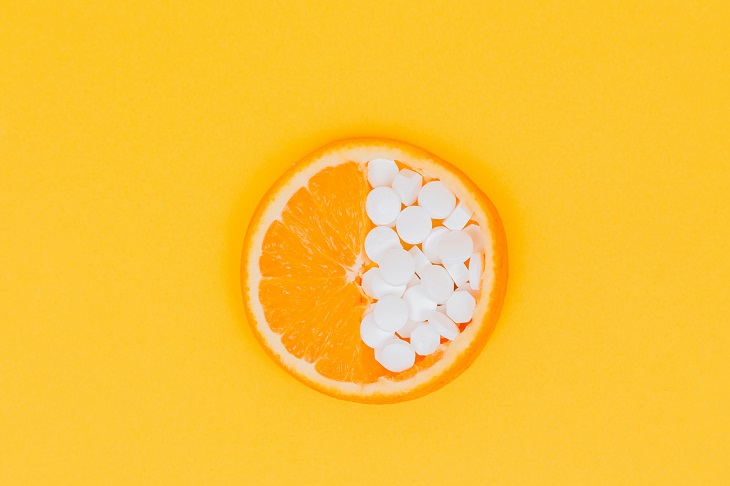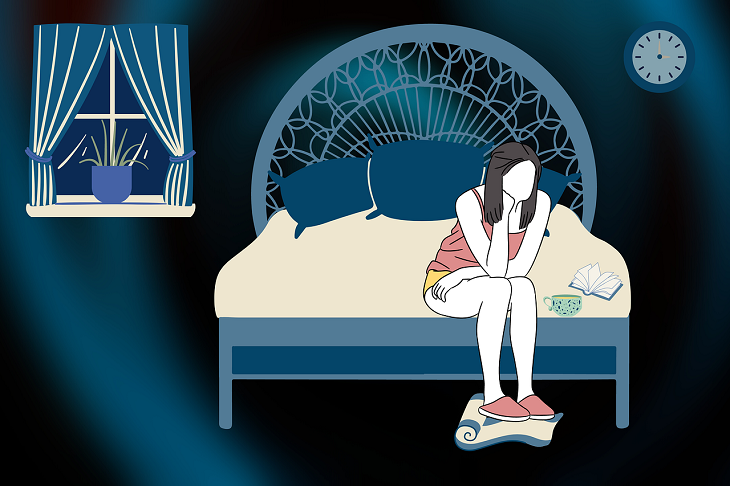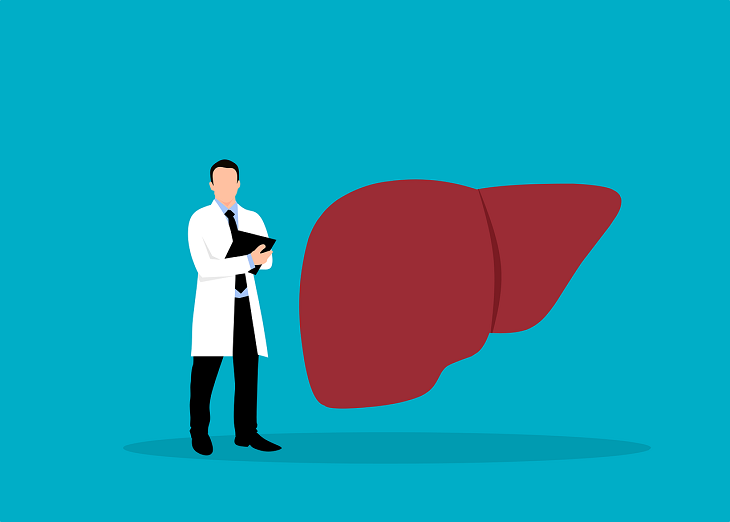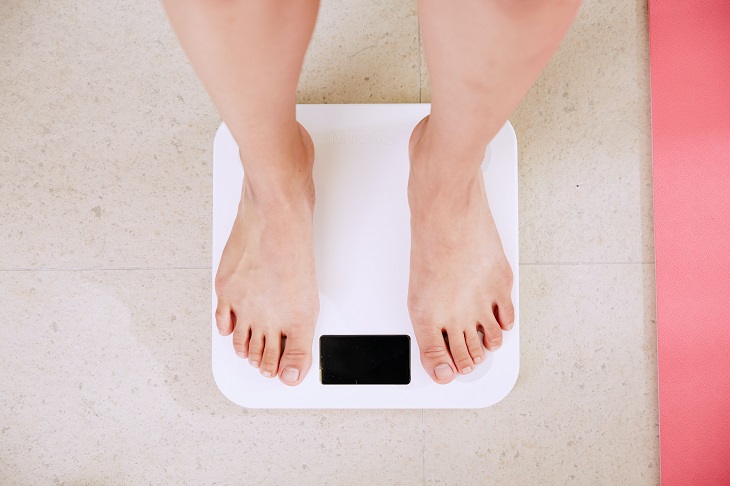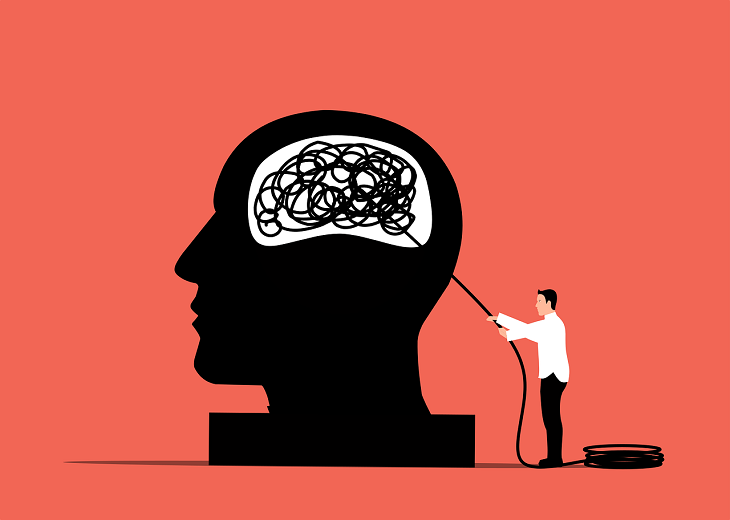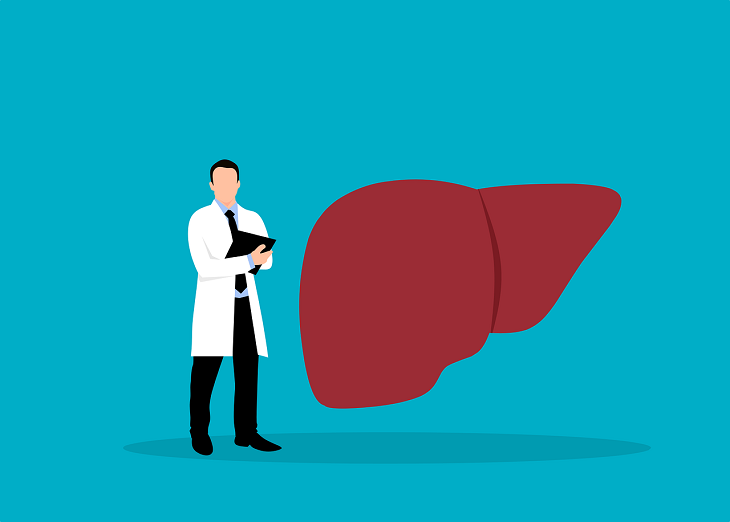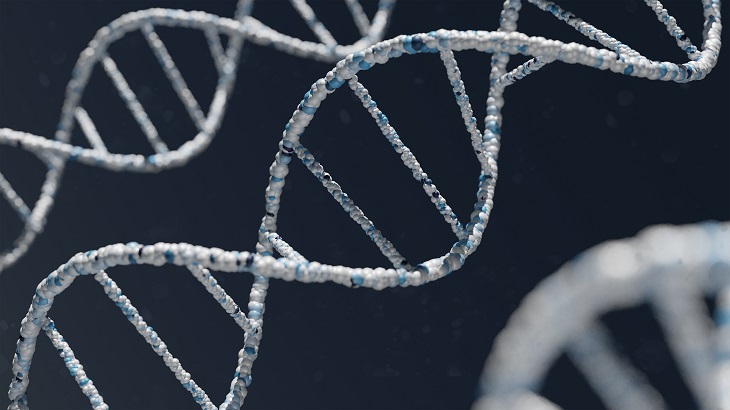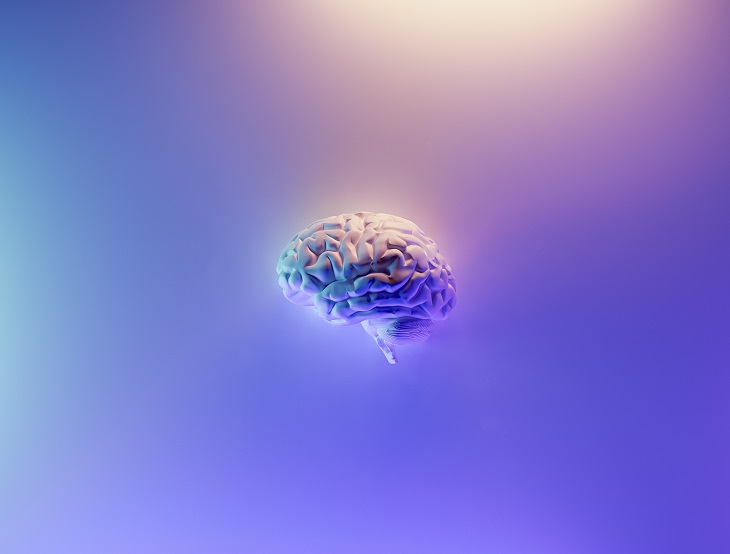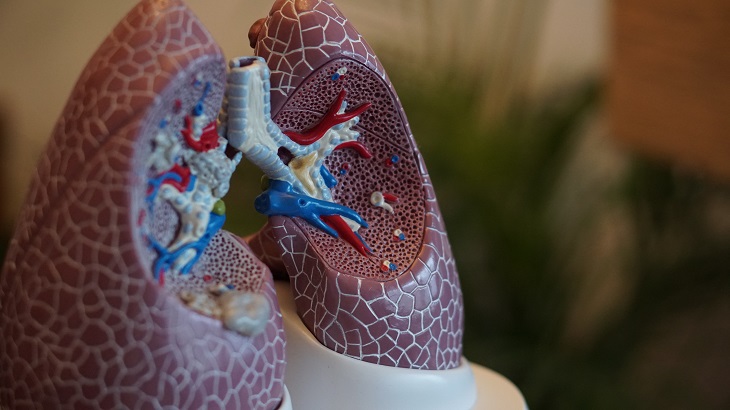Increasing your muscle tone sounds easy enough, right? You just need to lift weights and do bench presses, and you’re good to go! Except… it’s actually a lot harder than most people think. Gaining muscle depends on many factors, but your diet is the most important thing to consider when bulking. If you’re doing all the right exercises without the right diet, all your effort will be for nothing.
A diet rich in lean proteins and amino acids is a crucial step when bulking, but not many people know what to add to their diets and what to exclude. And that’s exactly why we’ve compiled a list of the ten best muscle-building foods. Read on to learn all you need to know!
Why Is Diet So Important For Muscle Gain?
Building muscle isn’t just about hitting the gym for hours every day. To see the results you’re after, you need to start with your diet. What you eat and how much you eat is essential for muscle development. Dietary proteins, amino acids, and leucine are crucial for muscle building. So while we agree that strength training is important for muscle gain, it’s also important that you have the proper nutrition you need to go along with it. Without a good diet, you could lose muscle tissue rather than building it.
Essential amino acids and leucine are just as important as protein in your diet because they stimulate protein synthesis (the building of new muscle) and prevent your body from breaking down existing muscle to use as fuel during workouts.
Is Protein The Only Way To Bulk?
Without a doubt, protein is the most important thing your body needs for successful bulking. This is because our muscles are made up of proteins, and our bodies need a proper amount of protein not only to build new muscle but also to sustain existing muscle. But protein alone isn’t enough to fuel your body.
Many people trying to get “shredded” are also trying to lose fat, which usually means restricting the number of calories they consume. But this could have an adverse effect on muscle building. You don’t just need the right amount of protein, but the right amount of calories too. Otherwise, your body may burn your existing muscle to use as fuel.
Carbohydrates and fats are also important dietary necessities for building muscle. Unfortunately, most bulkers see carbs and fats as the enemy, but really, it’s just highly processed carbs that you should avoid. Carbohydrates found in wholegrains, legumes, fruit, and veg will help fuel your body during your workout to achieve the results you’re after.
10 Natural Muscle-Building Foods
Knowing what to eat to gain muscle is the first step to successful bulking. Below, we’ve compiled some lists of foods you should add to your diet to get the gains you’re aiming for.

Proteins For Muscle Building
1. Eggs
Eggs are rich in protein, healthy fats, and nutrients. They also contain a large amount of the amino acid leucine, which is incredibly important for muscle gain.
2. Beef
Beef is rich in high-quality proteins, minerals, B vitamins, and creatines. Some studies have shown that adding lean red meat to your diet can increase the lean mass gained from strength training.
3. Salmon
Salmon is another excellent source of protein for muscle building. Every three ounces of salmon contains approximately 17 grams of protein, 1.5 grams of omega-3 fatty acids, and a few important vitamin Bs.
4. Chicken
Chicken breast is a great source of lean protein. In just three ounces of chicken breast, you’ll find about 27 grams of protein. This is also one of the cheapest protein options available.
Fruits & Vegetables For Muscle Building
5. Green Peas
Green peas aren’t just a delicious dinner side, but a protein-packed one as well. For every 200 grams of peas, you’ll find about 9 grams of protein.
6. Spinach
Spinach is an excellent source of protein. After all, it was Popeye’s favorite food! Each cooked cup (about 30 grams) of spinach contains approximately 5 grams of protein.
7. Corn
Corn on the cob is a BBQ favorite and a great way to get extra protein. In 150 grams of sweet corn, you will find about 4.7 grams of protein.
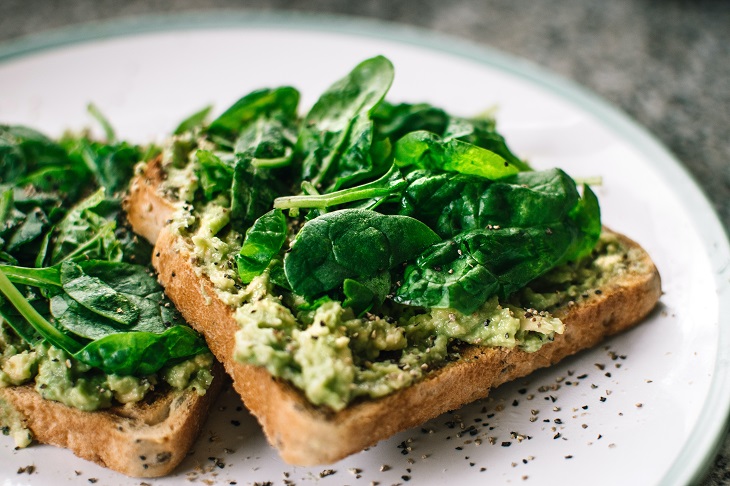
Grains, Legumes & Other Foods For Muscle Building
8. Greek Yogurt
Greek yogurt can be used to make high-protein snacks for muscle gain, especially protein smoothies. In 100 grams of nonfat Greek yogurt, there are about 10 grams of protein.
9. Soybeans
Perfect for vegetarian and vegan bulkers, there are about 16 grams of protein in just 86 grams of soybeans!
10. Protein Powder
Supplements are also a great way to get the nutrients your body needs. If you’re having trouble getting enough protein, try protein powders. Whey protein is the most popular variety, but options are available for folks who don’t consume dairy.
They say that the perfect physique starts in the kitchen, and they’re right. If you want to build, tone, and shape, you need to start with what you eat!
Featured image by Григорий Калюжный from Pixabay







